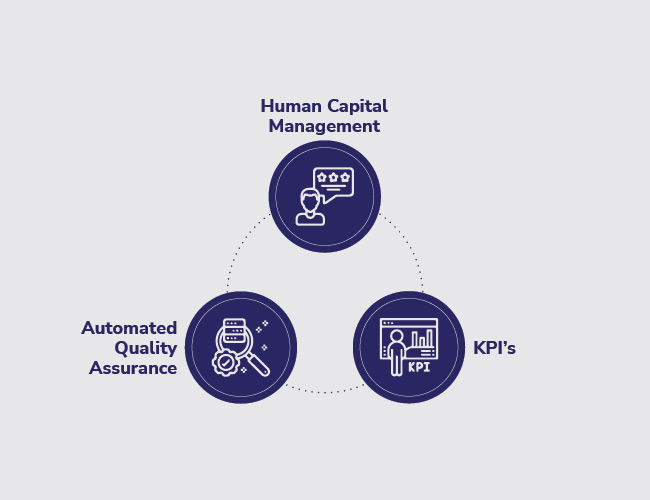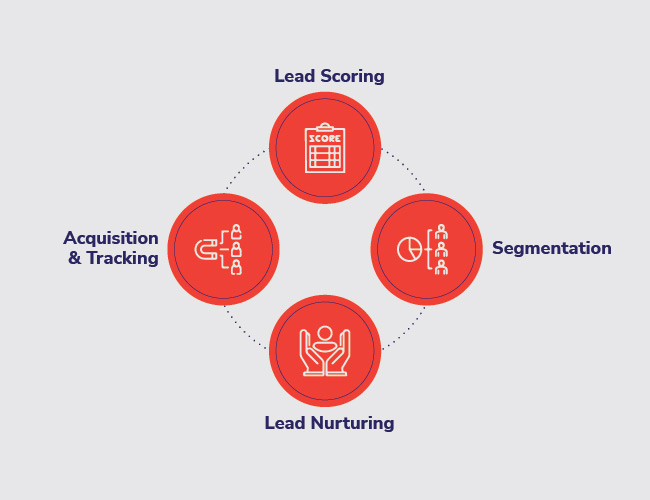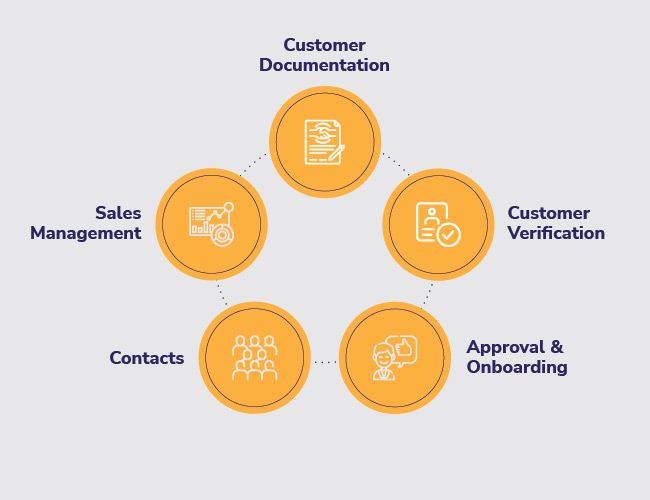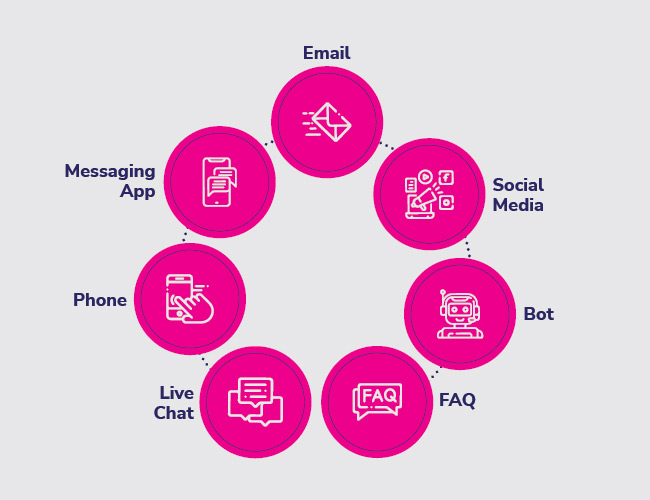
UPSKILLING & RESKILLING- TWO FUNDAMENTALS OF THE FUTURE OF WORK
Each year millions of people join the workforce but a majority of them are not job-ready due to an acute skills crunch. This problem is not limited to a particular region and is prevalent throughout the world. However, in India, this skills mismatch is particularly acute, and it is expected that by 2020, close to 60% of the population will be in the working age group of 15-59 years based on a report by FICCI-Nasscom & EY and companies must train them to meet the industry demand.
Due to the skills crunch and the ambiguous future of work, it has become imperative for organizations today to reskill and upskill their workforce for jobs that require a minimum set of skills and that do not even exist today. Top IT firms in India have taken the initiative to reskill half of their employees in technologies such as cloud computing, agile software development, analytics but a lot still needs to be done.
Why Companies Must Reskill their Employees
Companies today need skilled professionals who can not only bring unique qualities to the table but also add greater value in comparison to the general workforce. IT professionals today are expected to be equipped with skills in big data, analytics, and security. For instance, with cross-functional training people become more employable and it offers them complementary skills to boost their overall expertise. Reskilling and upskilling employees can lead to the following benefits:
- Development programs designed by companies to reskill their employees are cost-effective than hiring new employees and spending resources and time to train them.
- Many companies have seen a positive correlation between training and engagement. When employees have the skills to ensure career progression, their contribution to the job is also more effective.
Ways to Upskill Employees
Businesses today must consider the skills that are in demand and show their employees the benefit of acquiring such new skills. Encouraging employees to learn new skills requires a three-pronged approach:
- Take a market-driven and predictive approach to identifying skills: Gather more expansive, current, and objective data on changing skill needs by expanding the inputs for needs analysis. Finding out the most urgent skill needs in this way forges a better connection between the market and employees.
- Challenge your employees: Often employees don’t feel the connect with their organization’s development asks. Under such circumstances, companies must demonstrate how they will grow by developing the skills the market needs. Even if the message is sent across by the HR about the business’s requirements, communications must be targeted to employees as individuals.
- Encourage employees to build skills beyond their roles: Employees may find it difficult to upskill on-the-job. Under such circumstances, companies will have to do more than just curate new learning content and offer self-service development options. Instead, they must broker learning experiences and connect employees to cross-organizational skill-building opportunities.
By taking the right measures to retrain the workforce and creating a culture that accepts automation and AI, any organization can transform itself in this era of digitalization. As new technology develops in the days ahead, it is imperative for businesses to take initiative to retrain employees and start creating a strategy to fulfil consumer demands. 3i Infotech has proven their expertise in providing data information and efficient business solutions to a wide variety of industry verticals.





 Nilesh Gupta
Nilesh Gupta
 Ramu Bodathulla
Ramu Bodathulla Mr. Raj Kumar Ahuja
Mr. Raj Kumar Ahuja Dr. Madan Bhalchandra Gosavi (B.A. (Hons.), LLM, M.Phil, PhD)
Dr. Madan Bhalchandra Gosavi (B.A. (Hons.), LLM, M.Phil, PhD) Mr. Umesh Mehta
Mr. Umesh Mehta Harish Shenoy
Harish Shenoy CA Uttam Prakash Agarwal
CA Uttam Prakash Agarwal Uttam Jhunjhunwala
Uttam Jhunjhunwala Ranjit Balakrishnan
Ranjit Balakrishnan Emmanuel N
Emmanuel N
 Rangapriya Goutham
Rangapriya Goutham Kiran Chittar
Kiran Chittar Sushant Purushan
Sushant Purushan Mohan TS
Mohan TS Sanjay Rawa
Sanjay Rawa Dr. Aruna Sharma
Dr. Aruna Sharma Mr.Avtar Singh Monga
Mr.Avtar Singh Monga Mr. Thompson P. Gnanam
Mr. Thompson P. Gnanam Ms. Zohra Chatterji
Ms. Zohra Chatterji Dr. Kalyan Krishnamoorthy
Dr. Kalyan Krishnamoorthy







 Mr. Pravir Vohra
Mr. Pravir Vohra Viraf Sirvala
Viraf Sirvala

 Amrita Gangotra
Amrita Gangotra





